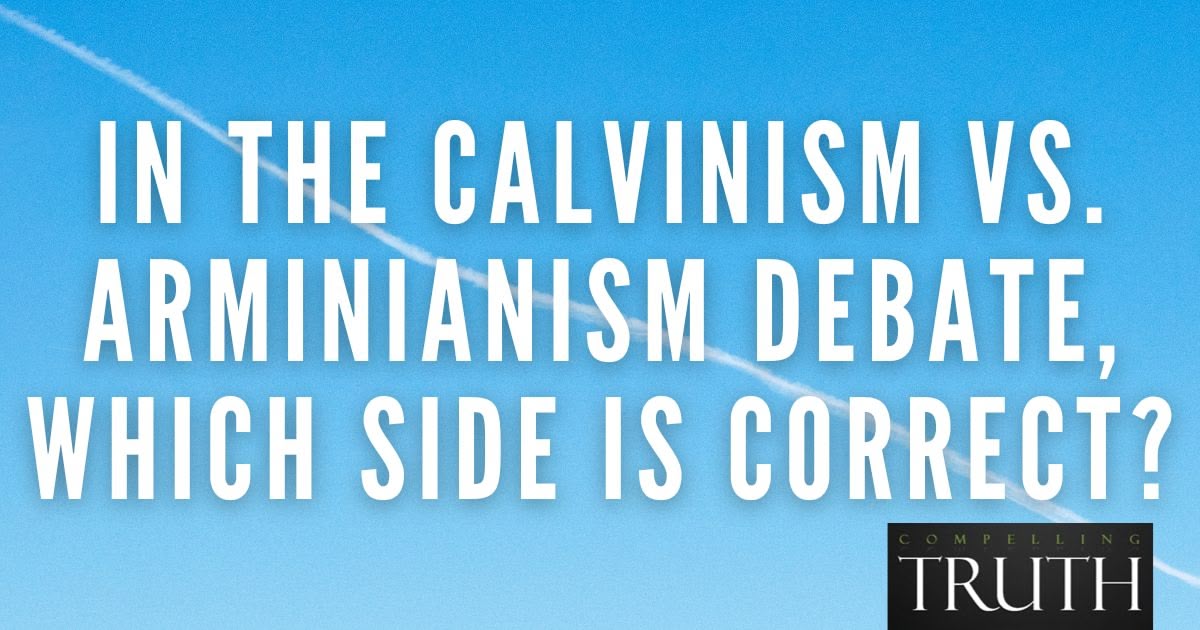Reprobation is a term used to identify those God did not choose, or elect, for eternal life through Jesus Christ and therefore are left in their fallen nature and to eternal damnation.
Ephesians 1:4–5 and Romans 9:24–25, among other verses, support the view that God foreknew and chose some for eternity. By default, those not chosen are left in their fallen state; they are reprobate. When Paul and Barnabas preached in Antioch, many people responded to their message. Acts 13:48 puts it this way: "… as many as were appointed to eternal life believed." This makes clear that reprobation is the result of unbelief, or the decree of reprobation leads to unbelief. The view that God foreknew some and reprobated others prior to the Fall of Man is called supralapsarianism, from the Latin supra meaning "above" and lapsus, meaning "fall." Those who believe this sort of appointment happened after the Fall call it "infralapsarianism."
Passages like Proverbs 16:4 and Jeremiah 6:30 are used to support the concept of reprobation. They indicate that God has rejected some, though those people still serve His purposes. Probably the best known example is Pharaoh, whose initial defiance of God was strengthened by God to achieve His purposes (Exodus 9:13–16; 14:4, 31). God's desires will be carried out, by those who He chooses (Philippians 2:13) and those He rejects—the reprobate (Romans 9:22).
So, can we identify those who are reprobate? No! "For God so loved the world, that he gave his only Son, that whoever believes in him should not perish but have eternal life. For God did not send his Son into the world to condemn the world, but in order that the world might be saved through him" (John 3:16–17). We are not to make those choices, but to leave such things to God and trust His wisdom and sovereignty.
Some have taken the concept of reprobation to the extreme and even believe evangelism is not necessary because God has already determined who will be saved and who will not. This is sometimes called hypercalvinism and disregards commands we have to share the gospel, such as 2 Corinthians 5:20 and Matthew 28:19–20: "Go therefore and make disciples of all nations, baptizing them in the name of the Father and of the Son and of the Holy Spirit, teaching them to observe all that I have commanded you. …" In our gratitude for the grace God has demonstrated to us, we are to plead with people everywhere to be reconciled to God.
Ephesians 1:4–5 and Romans 9:24–25, among other verses, support the view that God foreknew and chose some for eternity. By default, those not chosen are left in their fallen state; they are reprobate. When Paul and Barnabas preached in Antioch, many people responded to their message. Acts 13:48 puts it this way: "… as many as were appointed to eternal life believed." This makes clear that reprobation is the result of unbelief, or the decree of reprobation leads to unbelief. The view that God foreknew some and reprobated others prior to the Fall of Man is called supralapsarianism, from the Latin supra meaning "above" and lapsus, meaning "fall." Those who believe this sort of appointment happened after the Fall call it "infralapsarianism."
Passages like Proverbs 16:4 and Jeremiah 6:30 are used to support the concept of reprobation. They indicate that God has rejected some, though those people still serve His purposes. Probably the best known example is Pharaoh, whose initial defiance of God was strengthened by God to achieve His purposes (Exodus 9:13–16; 14:4, 31). God's desires will be carried out, by those who He chooses (Philippians 2:13) and those He rejects—the reprobate (Romans 9:22).
So, can we identify those who are reprobate? No! "For God so loved the world, that he gave his only Son, that whoever believes in him should not perish but have eternal life. For God did not send his Son into the world to condemn the world, but in order that the world might be saved through him" (John 3:16–17). We are not to make those choices, but to leave such things to God and trust His wisdom and sovereignty.
Some have taken the concept of reprobation to the extreme and even believe evangelism is not necessary because God has already determined who will be saved and who will not. This is sometimes called hypercalvinism and disregards commands we have to share the gospel, such as 2 Corinthians 5:20 and Matthew 28:19–20: "Go therefore and make disciples of all nations, baptizing them in the name of the Father and of the Son and of the Holy Spirit, teaching them to observe all that I have commanded you. …" In our gratitude for the grace God has demonstrated to us, we are to plead with people everywhere to be reconciled to God.



